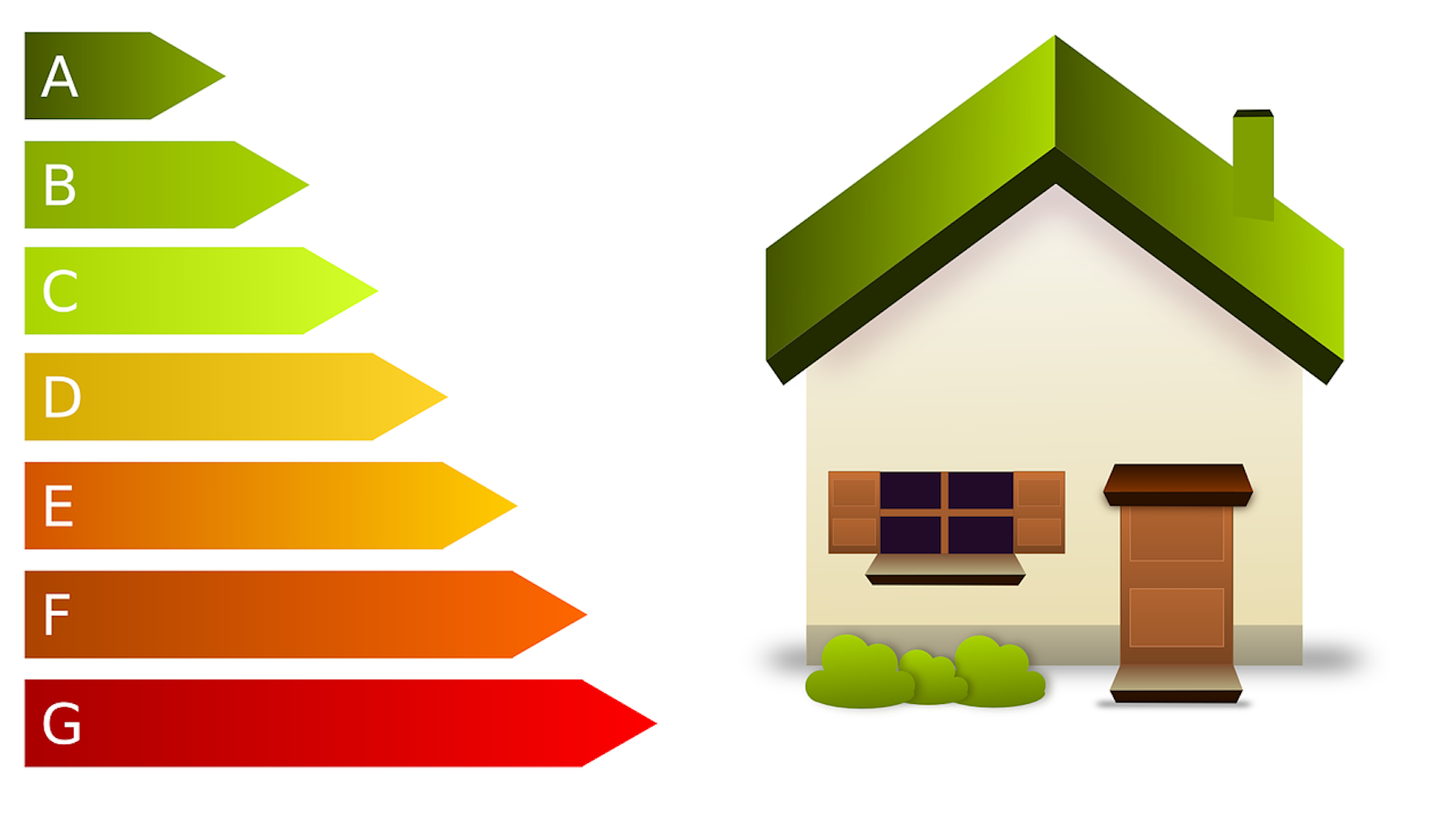The U.S. Green Building Council recently published a report containing principles outlining how LEED will evolve.
The chief concern is how to scale up decarbonization in the building industry to have the greatest impact on the climate crisis. Recognizing that the challenge is global, USGBC says: “We will increase the impact of LEED by making compliance simple, intuitive, and barrier-free. We will provide streamlined tools and pathways for more buildings, portfolios, cities, and communities to engage. We will leverage ESG reporting frameworks, performance standards and local regulation to drive, recognize, and reward continuous performance tracking.”
Other guiding principles include:
- Inspire and recognize adaptive and resilient built environments.
- Invest in human health and well-being.
- Create environments in which diversity, equity, and inclusivity thrive.
- Support flourishing ecosystems through regenerative development practices.
- Establish that buildings designed and constructed to LEED standards must also be operated to LEED standards.
Other points of emphasis will be to improve indoor air quality, address foundational mental and physical health needs, support resilient and people-oriented site design, promote use of green building products, focus on the impacts of climate change on health, and address the health risks associated with construction and worker safety.
Related Stories
| Aug 23, 2022
New Mass. climate and energy law allows local bans on fossil fuel-powered appliances
A sweeping Massachusetts climate and energy bill recently signed into law by Republican governor Charlie Baker allows local bans on fossil fuel-powered appliances.
| Aug 22, 2022
Gainesville, Fla., lawmakers moved to end single-family zoning
The Gainesville City Commission recently voted to advance zoning changes that would allow duplexes, triplexes, and quadplexes to be built on land currently zoned for single-family homes.
| Aug 16, 2022
DOE funds 18 projects developing tech to enable buildings to store carbon
The Department of Energy announced $39 million in awards for 18 projects that are developing technologies to transform buildings into net carbon storage structures.
| Aug 11, 2022
Report examines supposed conflict between good design and effective cost management
A report by the American Institute of Architects and the Associated General Contractors of America takes a look at the supposed conflict between good design and effective cost management, and why it causes friction between architects and contractors.
| Aug 10, 2022
U.S. needs more than four million new apartments by 2035
Roughly 4.3 million new apartments will be necessary by 2035 to meet rising demand, according to research from the National Multifamily Housing Council (NMHC) and National Apartment Association.
| Aug 9, 2022
Work-from-home trend could result in $500 billion of lost value in office real estate
Researchers find major changes in lease revenues, office occupancy, lease renewal rates.
Legislation | Aug 8, 2022
Inflation Reduction Act includes over $5 billion for low carbon procurement
The Inflation Reduction Act of 2022, recently passed by the U.S. Senate, sets aside over $5 billion for low carbon procurement in the built environment.
Legislation | Aug 5, 2022
D.C. City Council moves to require net-zero construction by 2026
The Washington, D.C. City Council unanimously passed legislation that would require all new buildings and substantial renovations in D.C. to be net-zero construction by 2026.
| Aug 4, 2022
Newer materials for green, resilient building complicate insurance underwriting
Insurers can’t look to years of testing on emerging technology to assess risk.
Codes and Standards | Aug 3, 2022
Some climate models underestimate risk of future floods
Commonly used climate models may be significantly underestimating the risk of floods this century, according to a new study by Yale researchers.

















